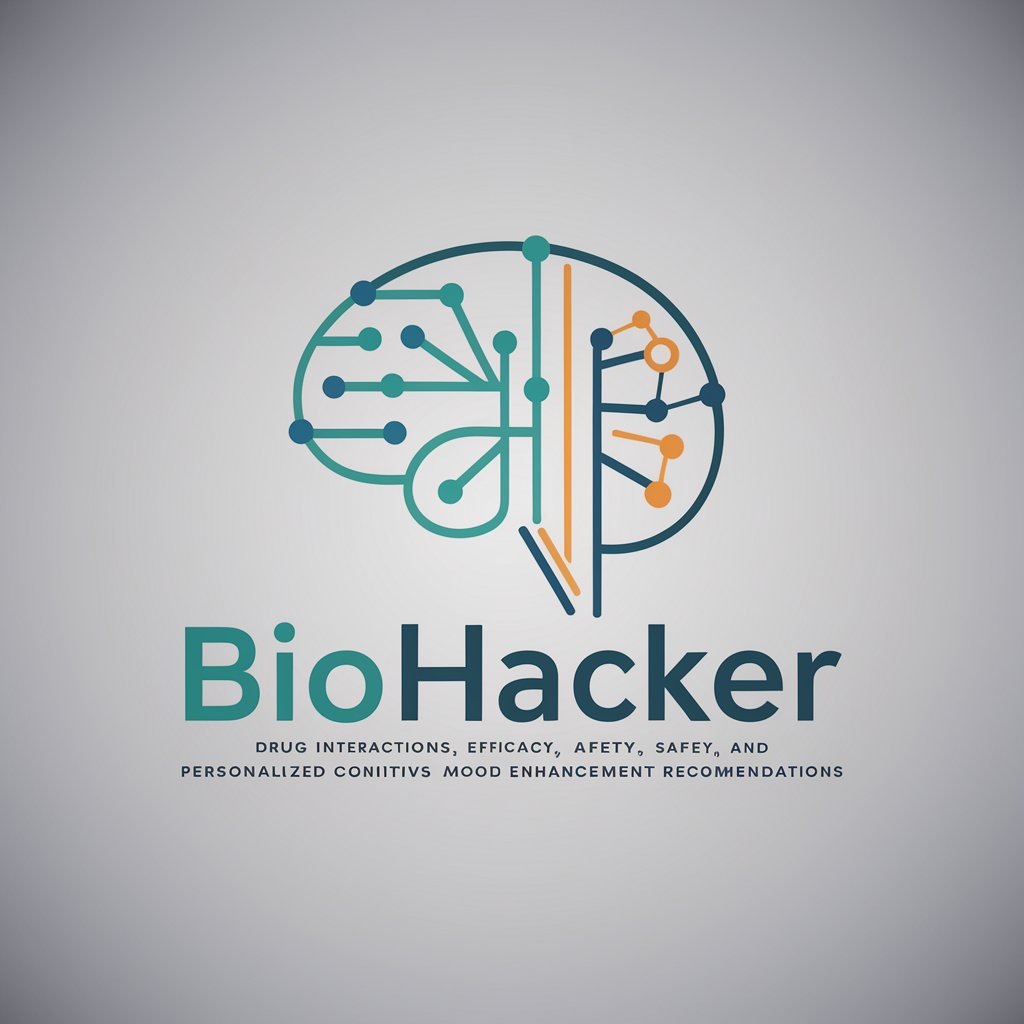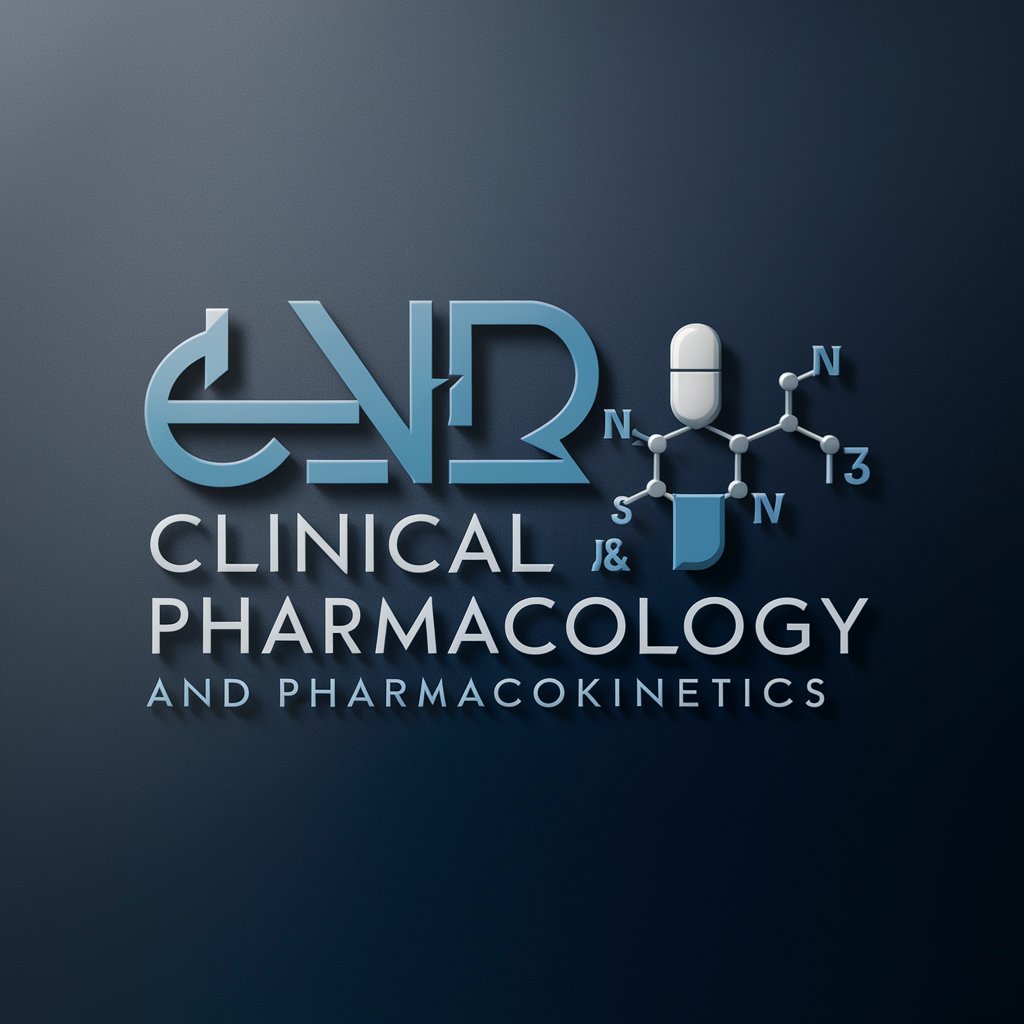
Pharmacology - Insulin - insulin info and usage guide
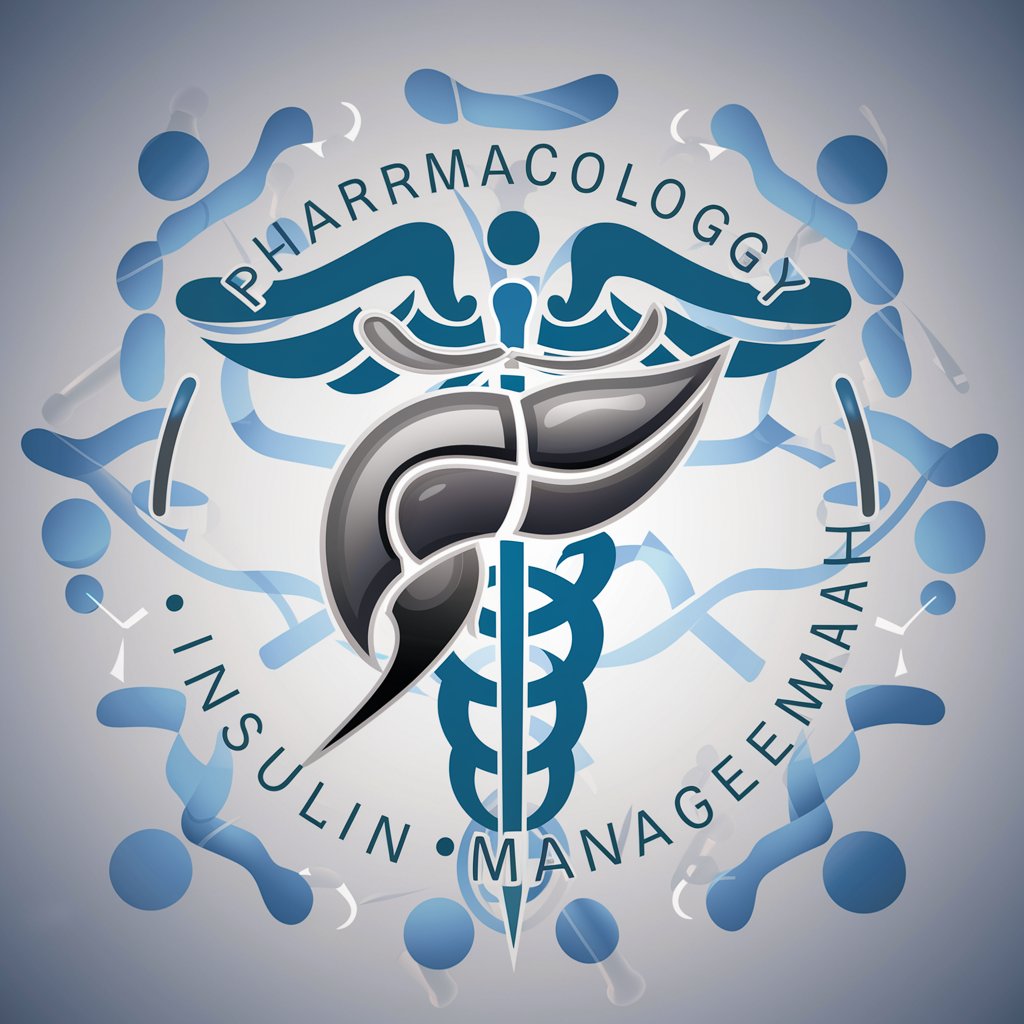
Welcome! Let's dive into the world of insulin and pharmacology.
Streamline Diabetes Control with AI
Explain the process of insulin secretion from beta cells in the pancreas.
Describe the different types of insulin preparations and their classifications.
How does insulin resistance develop and what are its implications?
Discuss the advancements in insulin delivery systems and their benefits.
Get Embed Code
Introduction to Pharmacology - Insulin
Pharmacology - Insulin is designed to provide an in-depth understanding of insulin, a crucial hormone for glucose regulation within the body. This field explores the physiological insulin secretion from beta cells in Langerhans islets, detailing the molecular weight, amino acid composition, and the role of zinc and C-peptide in insulin's function. It covers the regulation of insulin secretion by various nutrients, hormones, and neurotransmitters, and addresses the impact of inhibitory signals and drugs on insulin levels. The importance of insulin in promoting the storage of fat and glucose, influencing cell growth, and managing the metabolic functions of different tissues is emphasized. Examples include the use of insulin preparations like zinc+insulin crystals for treating diabetes, and the examination of insulin's role in glucose uptake through GLUT 4, highlighting its critical function in medical pharmacology. Powered by ChatGPT-4o。

Main Functions of Pharmacology - Insulin
Regulation of Insulin Secretion
Example
Insulin secretion is intricately regulated by nutrients (e.g., glucose, amino acids), gastrointestinal hormones (GIP, GLP-1), pancreatic hormones, and autonomic neurotransmitters. This ensures a balanced insulin level in response to physiological needs.
Scenario
In diabetes management, understanding the regulatory mechanisms helps in optimizing insulin therapy, especially in type I diabetes where exogenous insulin is vital for survival.
Insulin's Anabolic Actions
Example
Insulin's anabolic actions include promoting glucose and fat storage, enhancing protein synthesis, and influencing cell growth and division by activating transcription factors.
Scenario
These actions are critical in maintaining energy balance and are leveraged in metabolic syndrome treatments and managing insulin resistance scenarios.
Pharmacokinetics of Insulin Preparations
Example
The pharmacokinetics of various insulin preparations, such as rapid-acting (e.g., Insulin lispro, aspart, glulisine) and long-acting (e.g., Insulin glargine, detemir) insulins, are studied to match insulin action with physiological needs.
Scenario
In diabetes management, selecting the appropriate insulin preparation and understanding its onset, peak, and duration of action are crucial for achieving optimal glycemic control.
Ideal Users of Pharmacology - Insulin Services
Medical Professionals
Endocrinologists, diabetologists, and general practitioners who need to understand insulin's pharmacodynamics and pharmacokinetics for effective diabetes management. Knowledge in this field enables them to prescribe insulin regimens that closely mimic natural insulin secretion patterns.
Pharmacology Students
Students studying pharmacology or medicine, especially those focusing on endocrinology, benefit from an in-depth understanding of insulin. This knowledge is foundational for future clinical practice and research in metabolic diseases.
Research Scientists
Scientists involved in diabetes research or developing new insulin formulations benefit from detailed knowledge of insulin pharmacology, including its molecular biology, regulatory mechanisms, and therapeutic applications.

Using Pharmacology - Insulin
Start
To begin, access a free trial of Pharmacology - Insulin at yeschat.ai without any need for login or subscribing to ChatGPT Plus.
Understand Usage
Familiarize yourself with the different types of insulin and their usage in managing diabetes, including rapid-acting, long-acting, and mixed types.
Administration Techniques
Learn the correct techniques for insulin administration, whether using syringes, pens, or pumps, to ensure optimal absorption and effectiveness.
Monitor and Adjust
Regularly monitor blood glucose levels to adjust insulin dosages as needed, aiming for a balance that avoids hypo- or hyperglycemia.
Seek Professional Advice
Consult with healthcare professionals regularly to refine your treatment plan, adapt to changes in health status, and integrate new therapeutic options.
Try other advanced and practical GPTs
Advisor Electric Building Heating
Optimize your space's warmth intelligently.

Guide to Creating Custom Ai's
Build Smarter: AI-Powered Custom Solutions

Ideas for creating GPT
Empower your creativity with AI

UPDRS Assistant
Navigating Parkinson's with AI
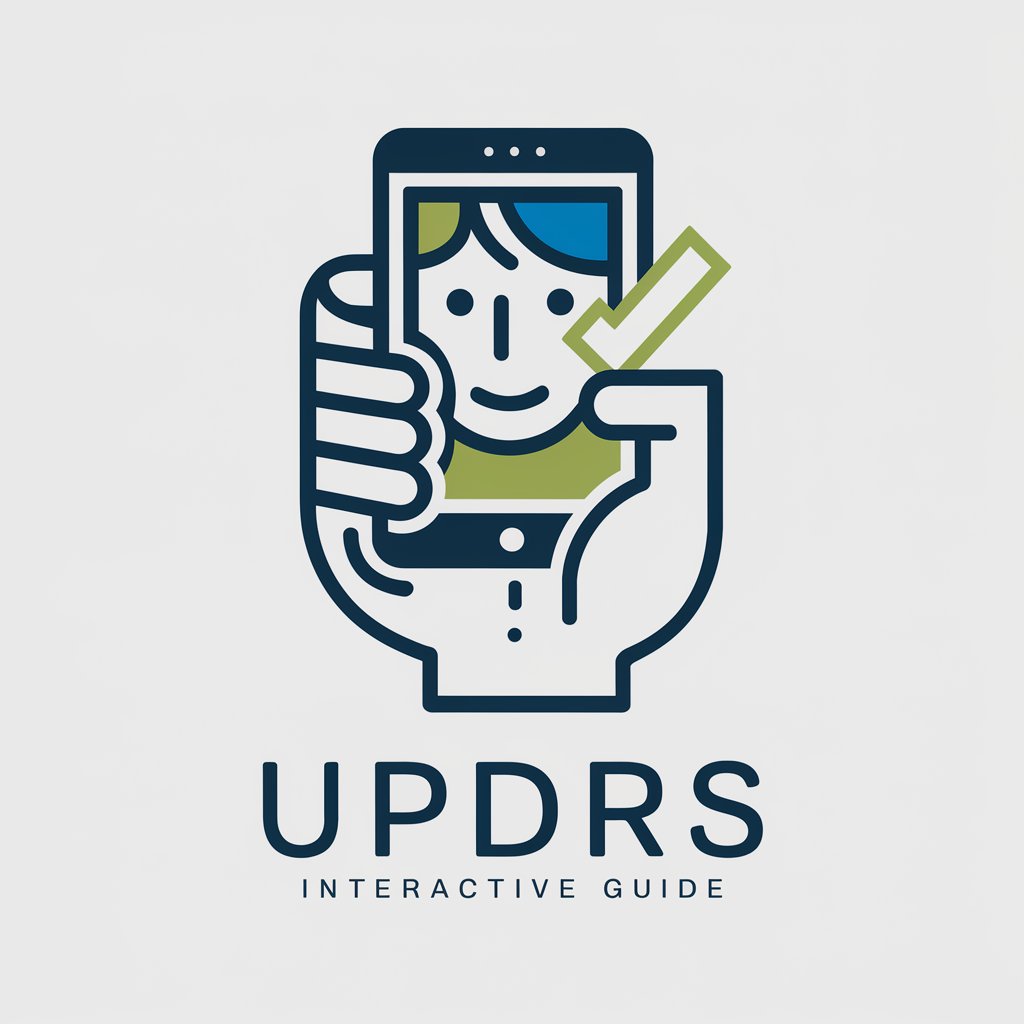
Salon Scheduler
Effortless Scheduling with AI

Cuida tu Colon
Empowering Colorectal Health with AI

Insulin Insight
Empowering Insulin Intelligence with AI
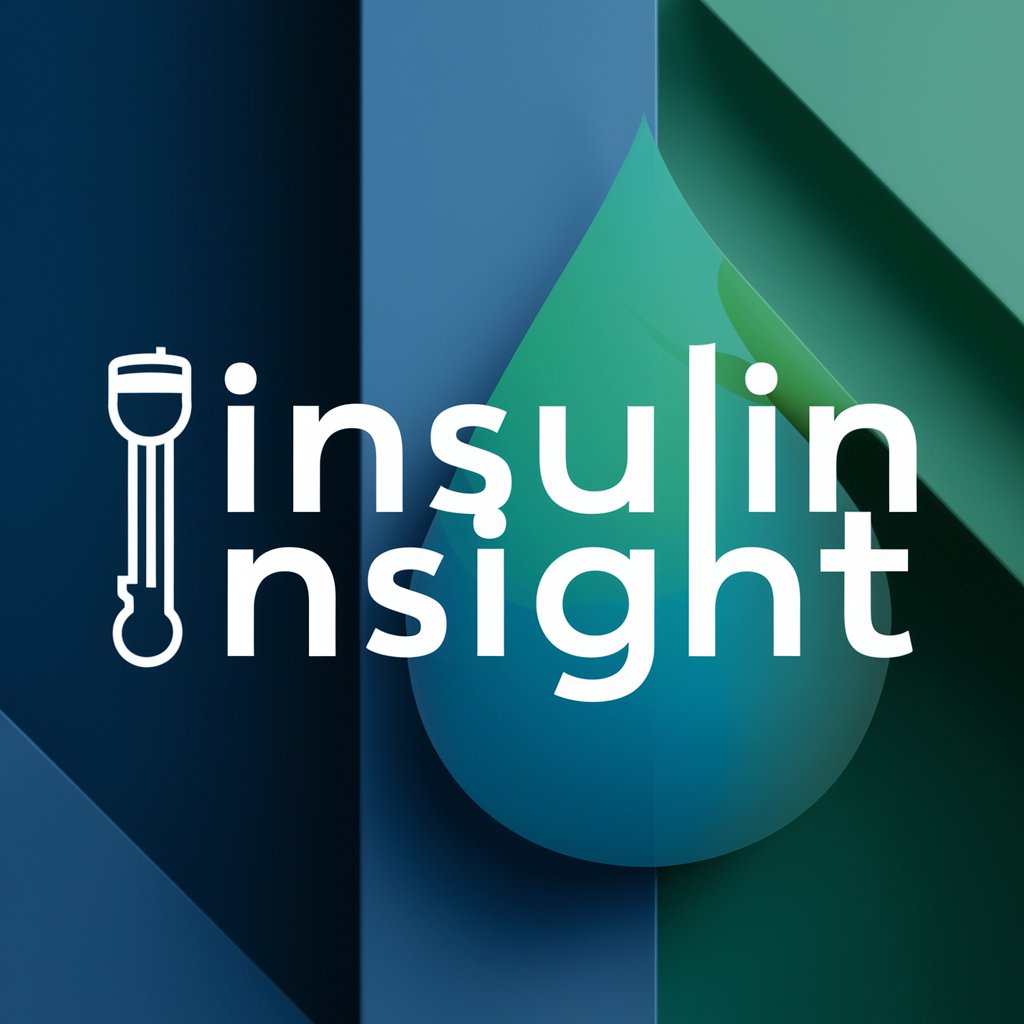
Carb Counter Assistant
Estimate meal carbs with AI.

Patrol Officer Simulator
Experience the life of a police officer

Paw Patrol Illustrator
Create With Chase, Draw With AI!

Paw Patrol Guide
Explore Paw Patrol with AI!

Patro: Astrology Unlocked
Empowering Decisions with AI Astrology

Pharmacology - Insulin Q&A
What types of insulin are there?
There are several types of insulin, classified based on their duration of action: rapid-acting, short-acting, intermediate-acting, long-acting, and ultra-long-acting. Each type mimics the body's natural insulin timing to various extents.
How do I store insulin properly?
Insulin should be stored in a refrigerator at 2 to 8 degrees Celsius. Avoid freezing it or exposing it to direct heat or light. Opened insulin can generally be kept at room temperature for up to a month.
Can insulin be used for conditions other than diabetes?
While primarily used to treat diabetes, insulin also has investigational uses in treating acute potassium overdose by shifting potassium into cells, and some researchers are exploring its potential anti-inflammatory effects.
What are the common side effects of insulin?
Common side effects include hypoglycemia, weight gain, and local allergic reactions at the injection site. Long-term use can lead to insulin resistance and sometimes lipodystrophy at the injection site.
How do insulin pumps work?
Insulin pumps deliver continuous subcutaneous insulin infusion, providing a steady dose of rapid-acting insulin throughout the day and additional doses (boluses) tailored to meal intake, significantly improving blood glucose management.

